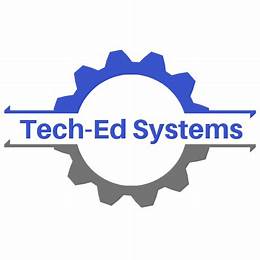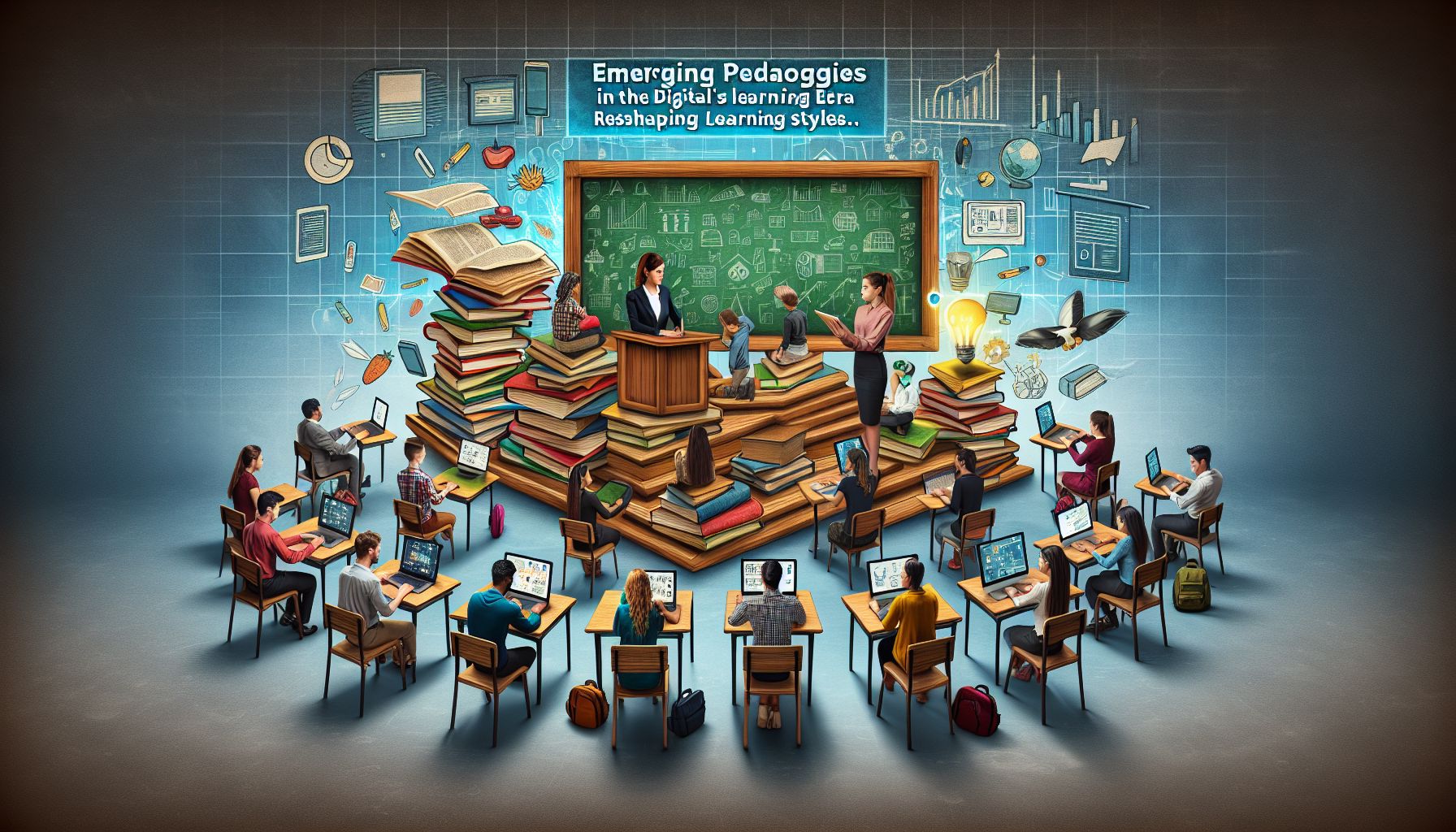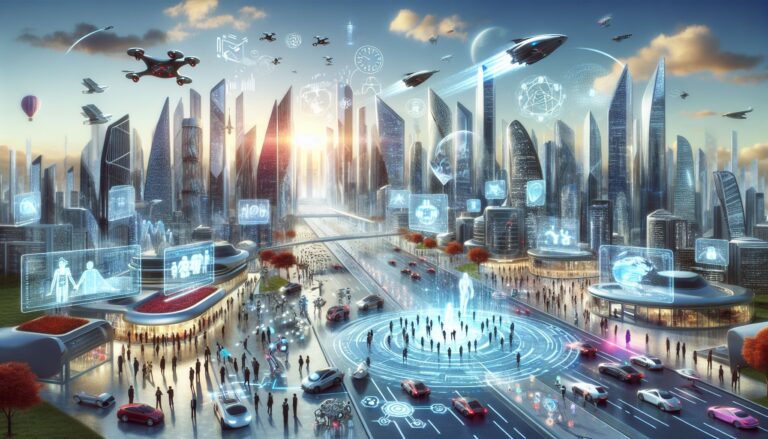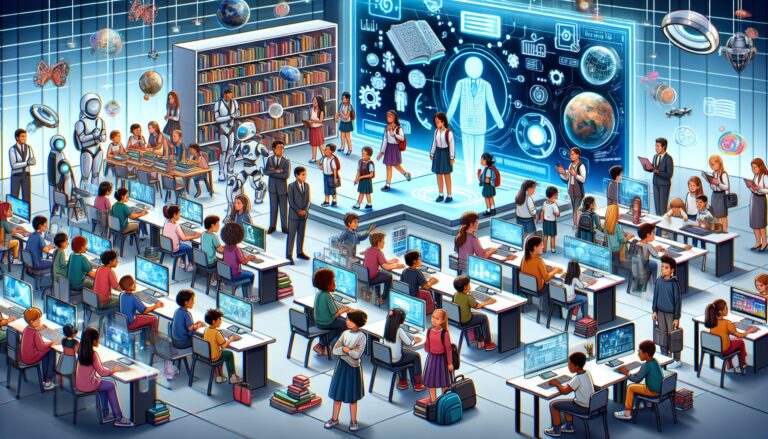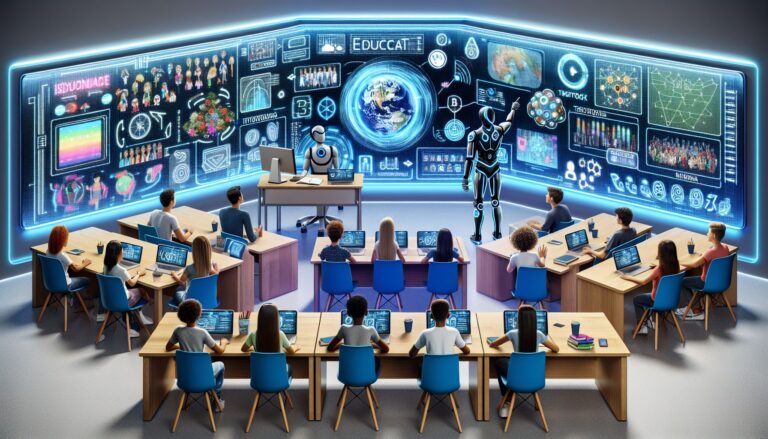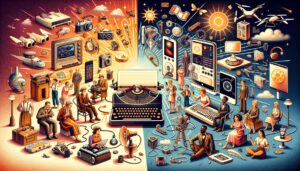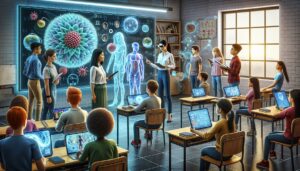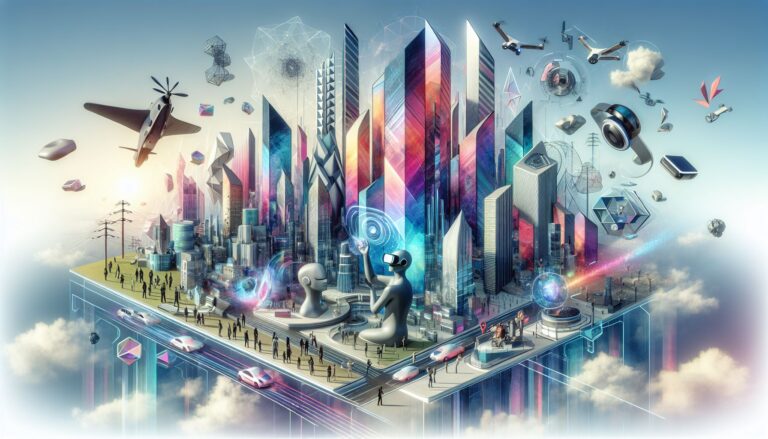The educational landscape is undergoing an unprecedented transformation. The days of chalk dust and the ringing of the school bell have evolved into a world where screens of all sizes serve as gateways to knowledge. As educators and students alike navigate this new terrain, it’s becoming clear that the future of education is as limitless as our collective imagination.
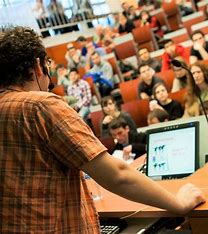 We stand at the junction where traditional teaching methodologies intersect with innovative digital tools, signaling a seismic shift in pedagogy. Technology is not merely an adjunct to education; it has become its bedrock, enabling customized learning experiences that cater to diverse student needs and proffering a level of interactivity that was once unimaginable.
We stand at the junction where traditional teaching methodologies intersect with innovative digital tools, signaling a seismic shift in pedagogy. Technology is not merely an adjunct to education; it has become its bedrock, enabling customized learning experiences that cater to diverse student needs and proffering a level of interactivity that was once unimaginable.
Let’s delve into the multifaceted role of technology in learning. Classrooms across the globe are increasingly integrated with gadgets and applications designed to facilitate not just learning but also comprehensive engagement. Interactive whiteboards, educational software, virtual and augmented reality platforms – these are no longer mere accessories but have become vital components of the educational infrastructure.
The rise of online learning platforms has democratized education, ripping down geographical and socioeconomic barriers. A learner in a remote village can now access courses from prestigious universities, blurring the lines between elite education and mass education. However, this accessibility comes with its own challenges. The digital divide remains a stark reality, and for some, the lack of access to reliable internet or modern devices can render this education revolution moot.
As we reconcile with these disparities and push for more inclusive policies, we’re also contending with ethical concerns. Data privacy issues are at the forefront, with educators and parents alike questioning how student information is used and protected. There’s also an ongoing debate about the impact of screen time on young minds and the potential for technology to detract rather than enhance the educational experience.
On the flip side, the evolving digital landscape is forging new kinds of teacher-student interactions. The traditional authority dynamic is giving way to a more collaborative approach. Teachers are becoming facilitators and guides in a learning journey that’s increasingly student-led. This shift heralds a promising outlook for the cultivation of critical thinking, creativity, and self-directed learning.
Peering into the crystal ball of education, we may envision schools and colleges as innovation hubs where technology and human ingenuity converge. We might see the dawning of learning experiences that are so bespoke and immersive that the very nature of knowledge acquisition is fundamentally altered.
The educational paradigms are indeed shifting, with each technological advancement ushering in new debates and possibilities. As we equip our learners for this bold new world, we must also instill in them the critical capacity to navigate the complex web of ethical questions that will invariably arise.
The journey into the future of education is both exhilarating and daunting. As educators, learners, and technologists continue to co-create this future, one thing remains clear: the essence of education, the quest for understanding and the thirst for innovation, persists, unphased by the churn of progress. The digital era beckons, and with it, a renaissance of learning that transcends borders, backgrounds, and the very fabric of traditional pedagogy.
